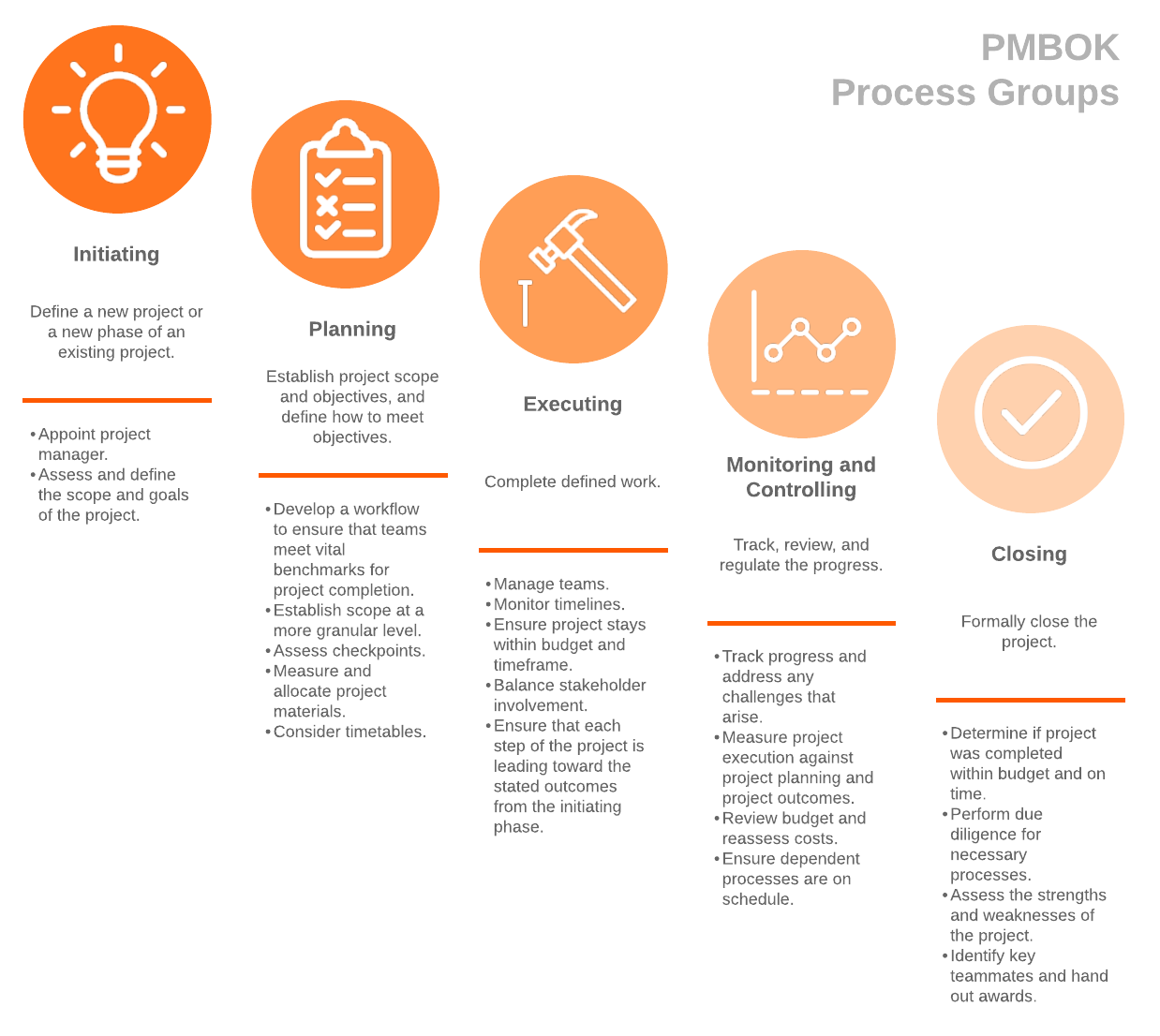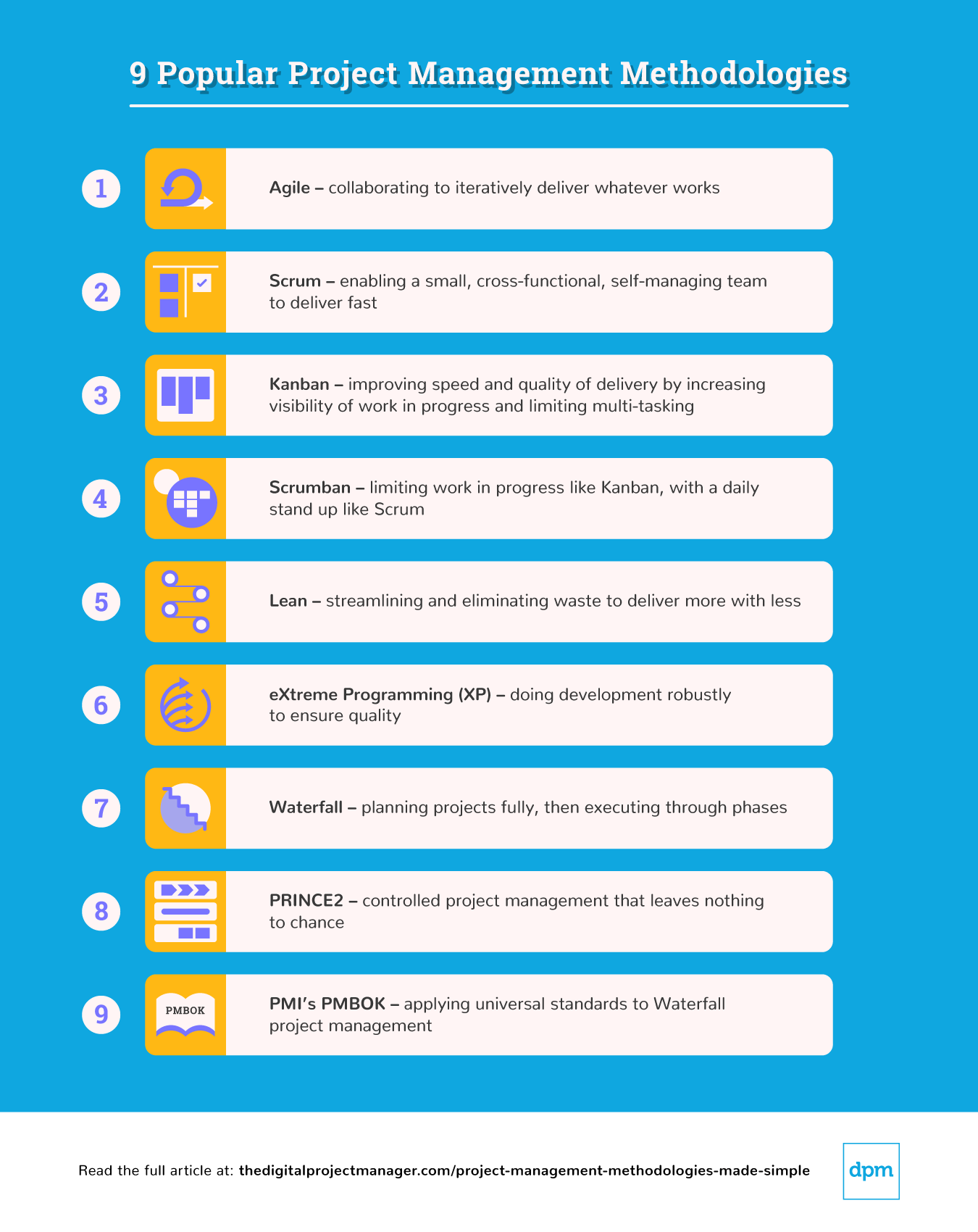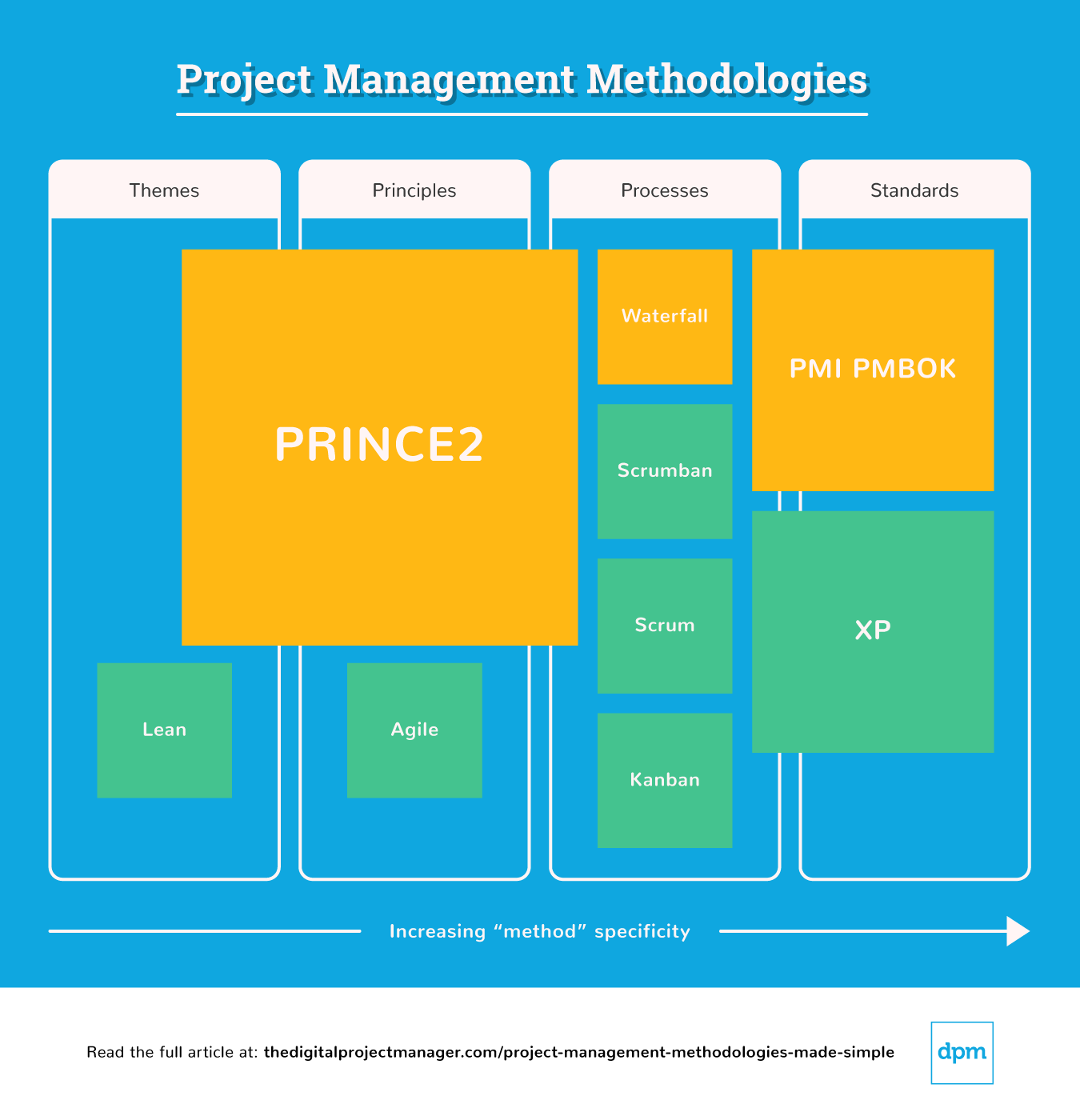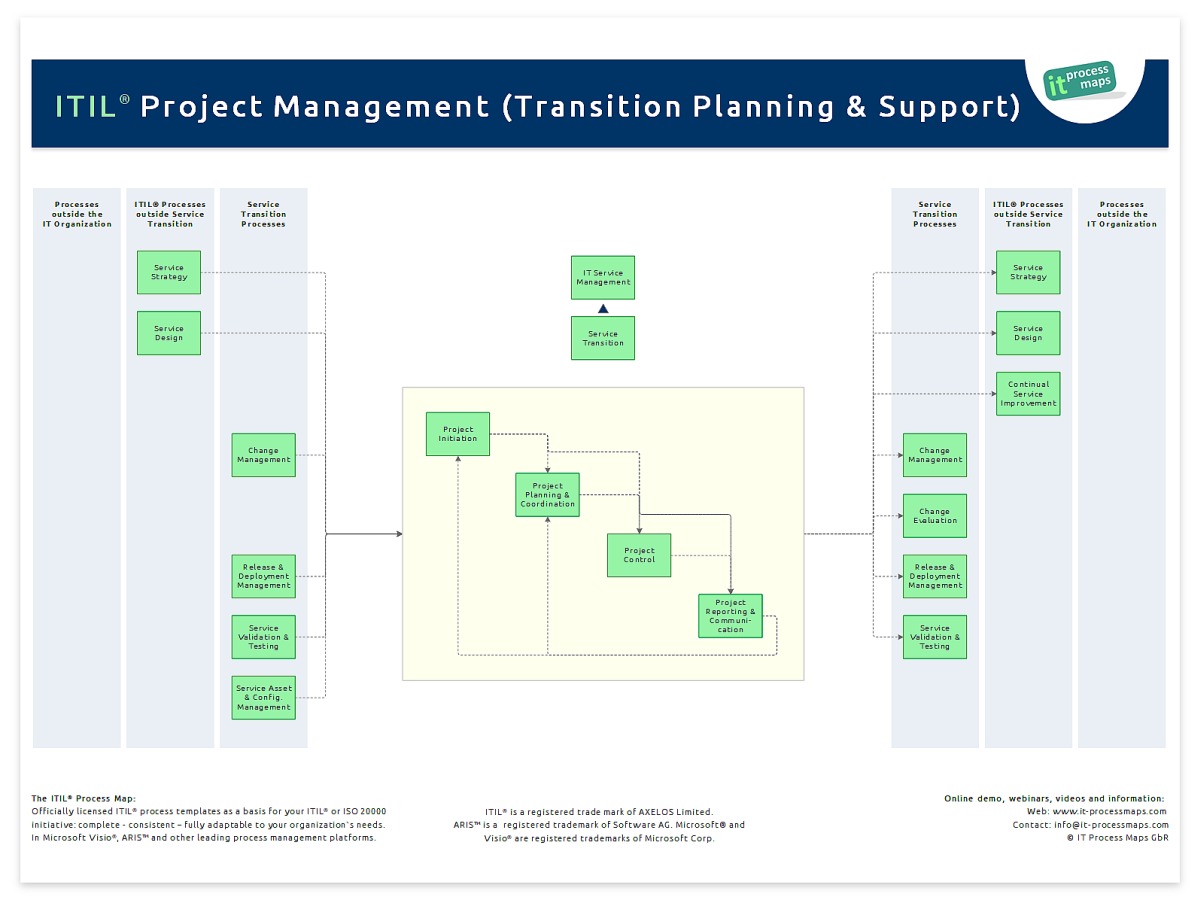What Are The Different Types And Complexity Of Projects

Timeframes involved in delivery.
What are the different types and complexity of projects. Of course you define the terms larger and smaller however most Project Managers define a projects size based on the. The tools purpose is to extrapolate the level of project complexity to determine the appropriate amount of project management rigor that is needed to achieve success. Structural Complexity This type of complexity refers to difficulty in managing interconnected activities.
Number of team members involved. Project complexity will bring about change for many organizations that may change their culture business processes business strategy organizational structures corporate governance communication methods project methodologies and more. To be successful you must be adaptable.
Number and size of deliverables to be produced. The Project Complexity Model presented here provides a framework to diagnose the elements of complexity that exist on a particular project so that the project team can make the appropriate complexity management decisions. Hopefully the profession can work together to share knowledge and come up with an agreed typology.
Filling out this taxonomy must be a high priority for the profession. The complexity is associated with new projects. Project time and value team size and composition project.
The essential skills you need to manage complex projects. Technical Complexity This type of project complexity refers to challenges in project design and technical details. The aim of this paper is to establish what is meant by the term complexity and to identify the factors which make a project complex.
Traditional project management assumes that a one-size-fits-all approach a simple predictable and standardised model is applicable to all types of projects. Garrett uses five levels of project complexity characteristics Low Low-to-Medium Medium Medium-to-High and High. A new hospital will be intrinsically more complex than a house.



















